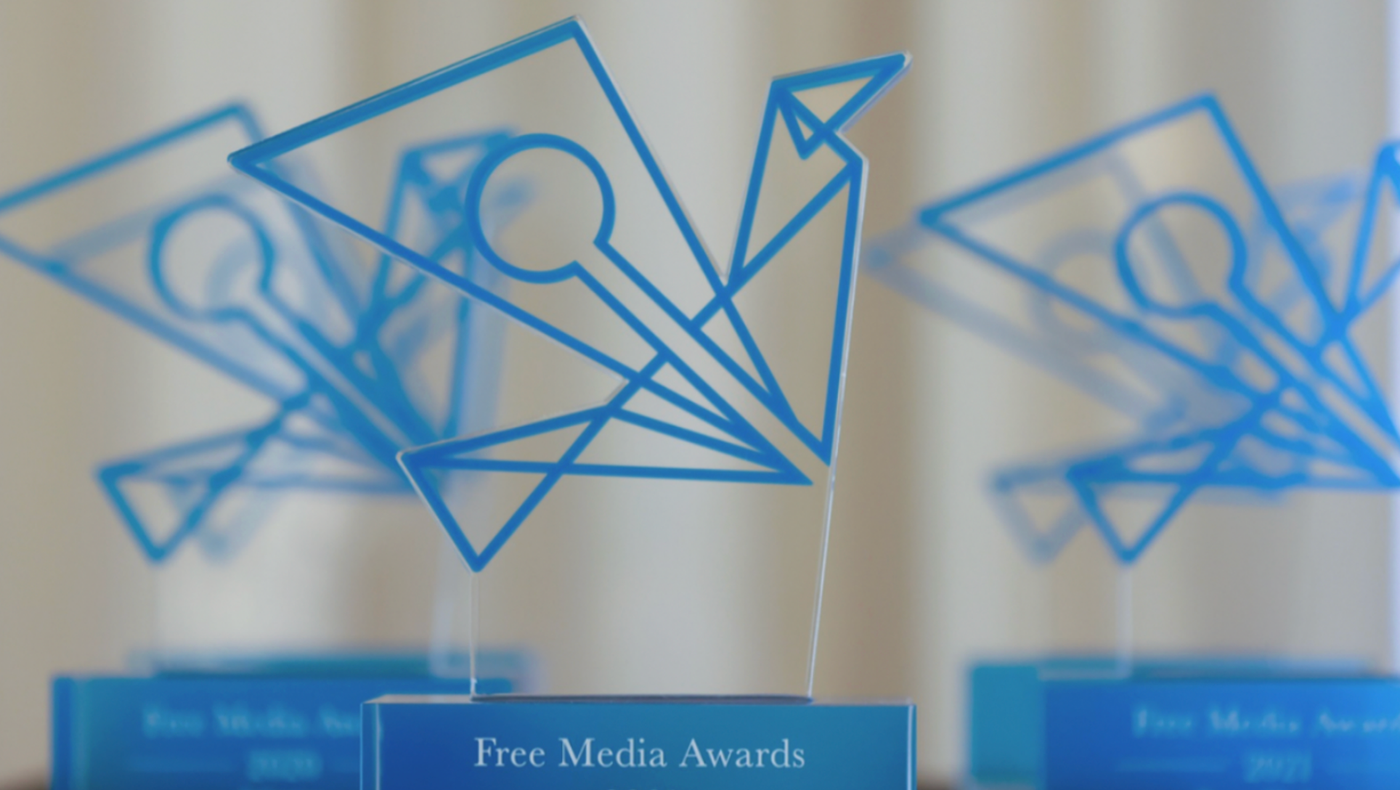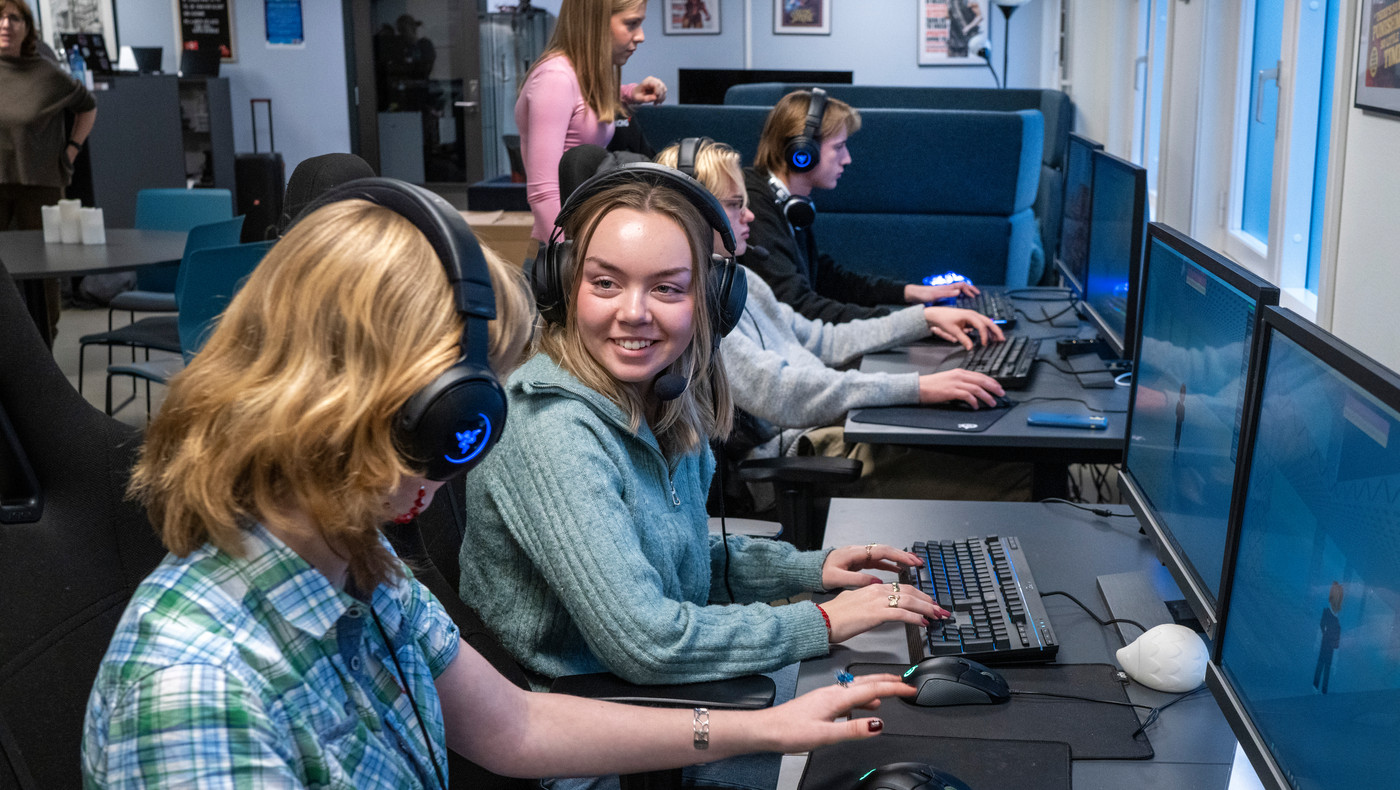The Status of Freedom of Expression in Norway: What are the people saying in 2020 – and what has changed over the past five years?
The Fritt Ord Foundation and the Institute for Social Research invite the public to the live-streamed launch of the first findings from the latest population survey on freedom of expression, followed by a discussion on Monday, 19 April 2021, from 10.00 – 11.30 a.m.
Audun Fladmoe, Dag Wollebæk, Kari Steen-Johnsen and Kjersti Thorbjørnsrud are examining whether most people have narrowed or broadened how they set limits on the freedom of expression compared with earlier, and whether different demographic groups set limits in different ways: Are there differences between young and old, women and men? What role do political affiliation and education play? Also, are there any groups in society that people believe should tolerate more than others?
In debates about freedom of expression, questions often originate from the situation in the US, but does the general public in Norway actually share the attitude of the American public when it comes to where the line should be drawn?
Project Manager and Researcher Kjersti Thorbjørnsrud will introduce and chair the meeting, and Researcher Audun Fladmoe of the Institute for Social Research will make the presentation. Following the presentation, there will be a panel discussion featuring:
Nancy Herz, chair of the Young People’s Freedom of Expression Council
Kjersti Løken Stavrum, chair of the Norwegian Freedom of Expression Commission
Sylo Taraku, adviser at the Agenda Think Tank
The seminar will be live-streamed on Fritt Ord’s website and Facebook page.
The Halfway Report will be published on the Fritt Ord Foundation’s website at 8.00 a.m. on 19 April.
The population survey is part of the Fritt Ord Foundation’s Monitoring Project on the Status of Freedom of Expression in Norway 2020–21. The main project is being carried out by the Institute for Social Research in collaboration with the University of Bergen, the University of Oslo and NTNU in Trondheim. The results will be incorporated into a more comprehensive publication in spring 2022.
Status for ytringsfriheten i Norge: Hva sier befolkningen i 2020 – og hva har endret seg de siste 5 årene? from LarsLars Production AS on Vimeo.




